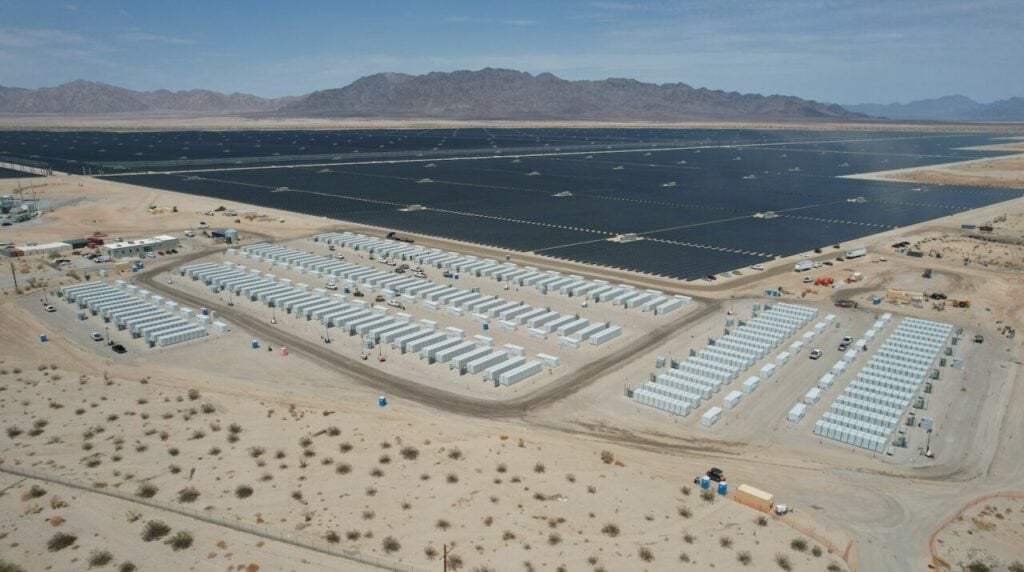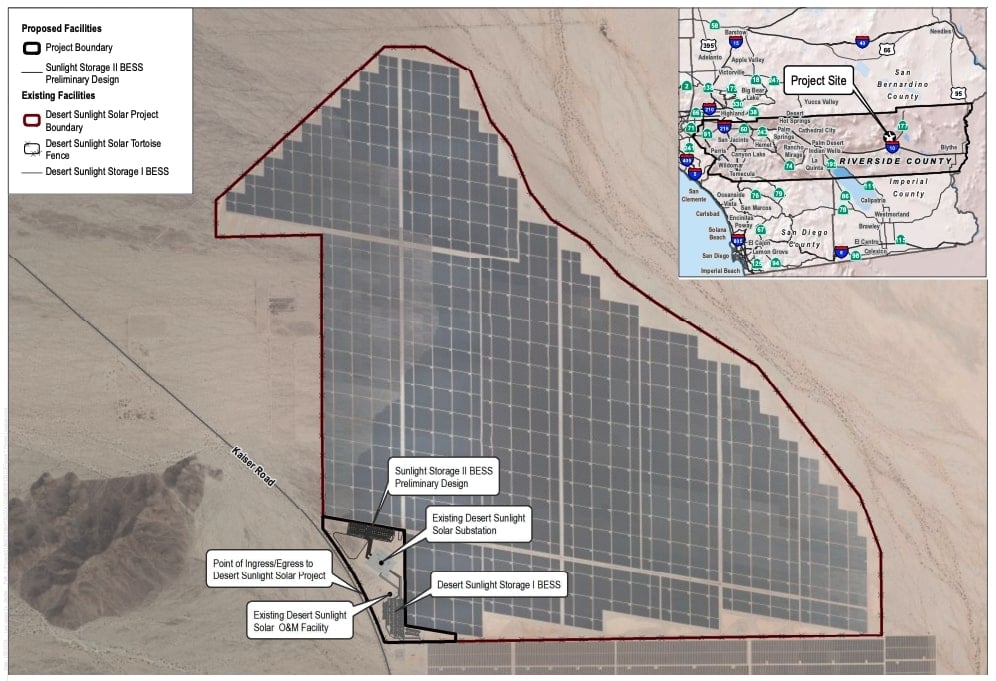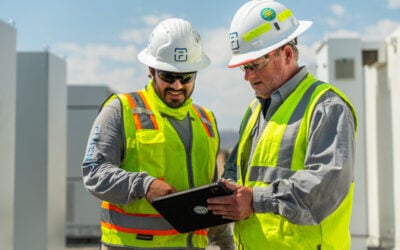
UK energy storage investor Gresham House and the clean energy arm of utility NextEra have moved forward with battery storage projects in California, US.
The two announcements come shortly after the internal revenue service (IRS) clarified the requirements for the domestic content adder to the standalone energy storage investment tax credit (ITC).
Enjoy 12 months of exclusive analysis
- Regular insight and analysis of the industry’s biggest developments
- In-depth interviews with the industry’s leading figures
- Annual digital subscription to the PV Tech Power journal
- Discounts on Solar Media’s portfolio of events, in-person and virtual
Gresham House Energy Storage Fund plc (GRID ticker) announced its plans to raise a total of £80 million (US$100 million) in new shares to help fund two solar-plus-storage projects in California, its first venture outside of the UK market, on 18 May.
The projects, called Iliad, will pair 160MW of solar PV with co-located battery energy storage systems (BESS) totalling four hours of duration, though the company did not reveal the MW or MWh capacity.
They are part of a 390MW of projects scheduled for commissioning in 2024, including 230MW of projects in Great Britain/GB (UK excluding Ireland) which will be funded from existing funds.
Gresham House described the Iliad deal as a “broad relationship with a California-based developer comprising the initial purchase of rights to two projects” of 100MW and 60MW each in Southern California. The projects combined will require investment of US$168 million.
Revenues for Iliad will be split evenly between contracted revenues under a 20-year agreement, solar revenues through fixed price power purchase agreements (PPAs) and BESS revenues mainly through energy trading.
The 20-year agreement is likely to be via Resource Adequacy (RA), the framework through which grid operator CAISO ensures there is enough capacity to meet demand without centralised capacity auctions, which requires a four-hour discharge duration.
Gresham House recently reported its full-year 2022 results, revealing better-than-expected ancillary services revenues thanks to delays in new capacity entering the GB market.
NextEra gets go-ahead for 300MW extension to California BESS
In related news, the US Bureau of Land Management (BLM) has approved the Sunlight Storage II Battery Energy Storage System project, an expansion to the existing Desert Sunlight Battery Energy Storage System (pictured above).
The project is being developed by Sunlight Storage II, LLC, part of NextEra Energy Resources. It will see the clean energy arm of utility NextEra Energy add 300MW of BESS capacity to an existing 230MW project which came online in summer last year. Both BESS projects adjoin and optimise the Desert Sunlight Solar Farm, which came online in 2011.
The BLM’s announcement did not say when it expected Sunlight Storage II to come online, but a plan of development (POD) from NextEra said construction would take 10 months. A map of the site, with the existing and new BESS, from the POD is below.

In more related California news, community choice aggregator (CCA) Peninsula Clean Energy has secured the offtake of a 45MW BESS under a 15-year deal with project owner Terra-Gen. Peninsula will receive the energy from the four-hour BESS project in San Bernardino country, which will be operational in 2024.
CCAs have been very active in procuring power from BESS projects and at the forefront of tying up with lithium-ion systems with durations beyond four hours too.






